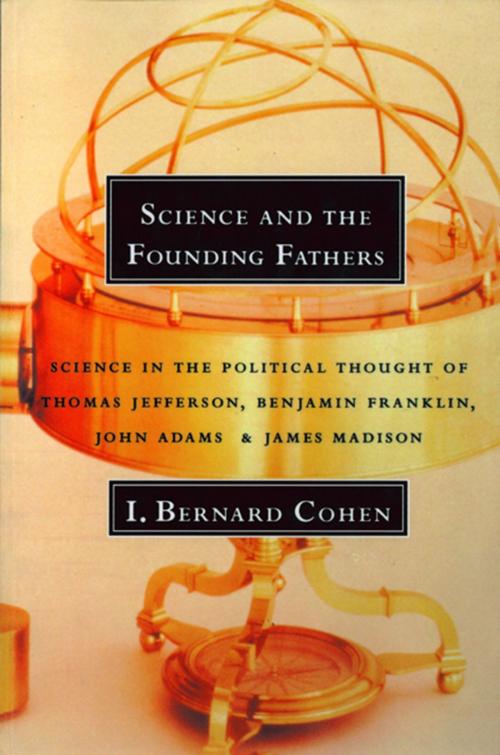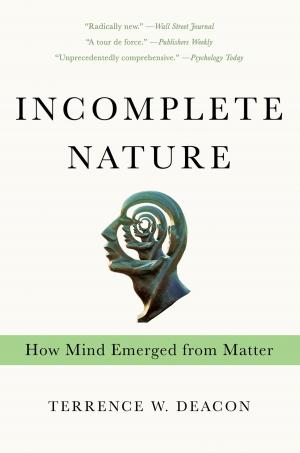Science and the Founding Fathers: Science in the Political Thought of Thomas Jefferson, Benjamin Franklin, John Adams, and James Madison
Nonfiction, History, Americas, United States, Colonial Period (1600-1775), Science & Nature, Science, Other Sciences, Biography & Memoir, Political| Author: | I. Bernard Cohen | ISBN: | 9780393247152 |
| Publisher: | W. W. Norton & Company | Publication: | January 17, 1997 |
| Imprint: | W. W. Norton & Company | Language: | English |
| Author: | I. Bernard Cohen |
| ISBN: | 9780393247152 |
| Publisher: | W. W. Norton & Company |
| Publication: | January 17, 1997 |
| Imprint: | W. W. Norton & Company |
| Language: | English |
General readers, students of American history, and professional historians alike will profit from reading this engaging presentation of an aspect of American history conspicuously absent from the usual textbooks and popular presentations of the political thought of early America.
Thomas Jefferson was the only president who could read and understand Newton's Principia. Benjamin Franklin is credited with establishing the science of electricity. John Adams had the finest education in science that the new country could provide, including "Pnewmaticks, Hydrostaticks, Mechanicks, Staticks, Opticks." James Madison, chief architect of the Constitution, peppered his Federalist Papers with references to physics, chemistry, and the life sciences.
For these men science was an integral part of life—including political life. This is the story of their scientific education and of how they employed that knowledge in shaping the political issues of the day, incorporating scientific reasoning into the Constitution.
General readers, students of American history, and professional historians alike will profit from reading this engaging presentation of an aspect of American history conspicuously absent from the usual textbooks and popular presentations of the political thought of early America.
Thomas Jefferson was the only president who could read and understand Newton's Principia. Benjamin Franklin is credited with establishing the science of electricity. John Adams had the finest education in science that the new country could provide, including "Pnewmaticks, Hydrostaticks, Mechanicks, Staticks, Opticks." James Madison, chief architect of the Constitution, peppered his Federalist Papers with references to physics, chemistry, and the life sciences.
For these men science was an integral part of life—including political life. This is the story of their scientific education and of how they employed that knowledge in shaping the political issues of the day, incorporating scientific reasoning into the Constitution.















